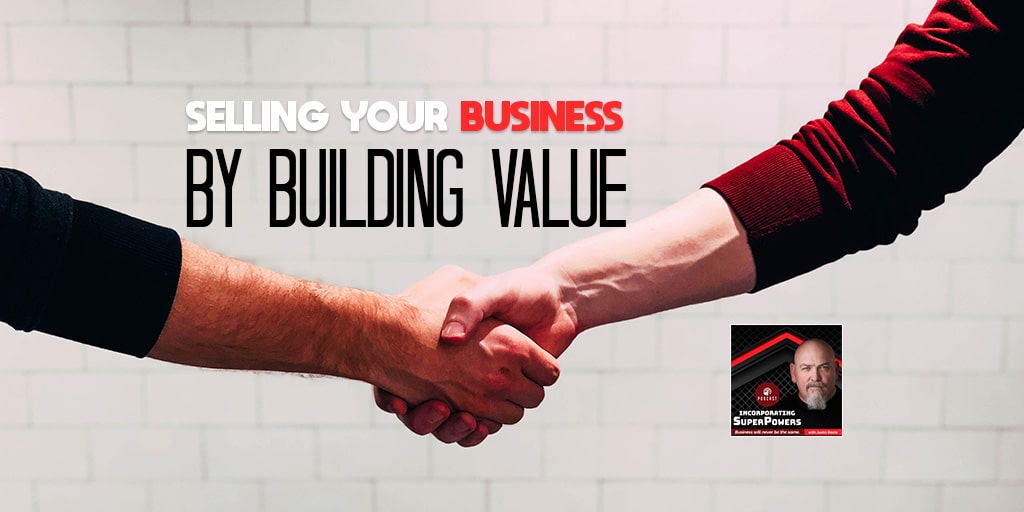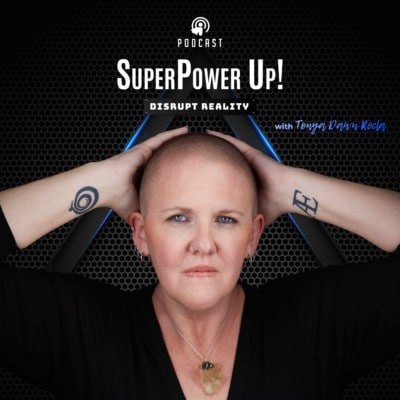

Everybody Justin Recla here, the host of Incorporating SuperPowers and today I’m super excited because we have the founder of Shield Corporate Finance Limited on the show with us. A little joke for the superhero friends out there, my Marvel folks who watch S.H.I.E.L.D., Agents of S.H.I.E.L.D. to this by little super… My play on superpowers today. But David, I’m really, I’m really super excited about this because David and I kind of, this really unique space of you know, what we do in, in the, in the CLEAR Business Directory, corporate counterintelligence risk mitigation world and where David is in the mergers and acquisition world and I’m super excited to have David on the show because we met in San Diego, he’s actually over in the UK right now.
It’s where your list works full time and his whole business is about helping, well helping business owners really create something where they can, they can sell their business by building value. And this is something that a lot of people, we were talking about this right before the show that a lot of people miss. They think they just build up the processes and the systems and they get everything in place and then they go to sell it. And because of the way the systems for selling the business work, there’s got to be certain pieces in place otherwise, you’re going to have a hard time selling your business.
So David, thank you so much for, for coming on the show today. Let’s, let’s talk about this. And I know that there are people out there listening that have their own business, maybe just at the point of looking at an exit strategy or they’re in the midst of an exit strategy or they’re getting close to being next to an ex… Looking for an exit strategy. What is the bread and butter? What is the thing? The one thing that they need to know in order for them to be able to do that.
Justin, great to be here with you. Thank you. Well, I think there are a number of things these days, post-crash and it’s been like this for the last 10 years. It’s a tough, it’s a tough world for sellers because buyers know they tend to have the upper hand and a lot of would be sellers take sale ability for granted, but actually if you’ve got a smallish me too kind of business, it’s not obvious that somebody’s going to want to buy it and then the value if it… You’ve got to have sales ability, the value is not going to be optimal unless you have done quite a bit of work to build the value and reduce what I call the value depressants. And the notable value depressant is Key-Person Dependency.
You’ve got to put yourself in the shoes of the buyer. And my big role really is to help sellers achieve the mindset shift, which is required to do that. Some people manage to do it by themselves, but it’s so… It’s a rare seller who could do it. It’s basically obvious, but if you think about it, a buyer wants a return on their investment and they’re going to worry that you as the owner manager, the entrepreneur are key to the business in one way or another. You may be key to the technology, you may be probably key to the clients, may be key to holding the staff together. So the big worry is what happens when you’re out of the business, either because you are literally gone or because you’ve had a life changing event in terms of earning a lot of money and even if you stay, you may not be so motivated. So we need to work to overcome anxieties buyers will have about Key-Person Dependence, which is one of the main risks.
This is a, this is a topic that I, I absolutely love because we see this lot in the person, the development industry. We see this lot in the coaching and mentoring industry. We see this a lot in some big name brands even to where those personal brandings don’t create a business structure or business model that’s sellable. Tony Robbins has got an enterprise, but what happens with Tony Robbins is no longer in the business?
That’s a great example. Now, you know what I mean? I think he has systematized his coaching business on the business side. You know there’s clearly-
On the business side. Exactly.
But on the personal side-
Exactly. Most people don’t make that shift. They build up that personal brand and then they don’t systemize anything over here that is the guiding type of system to it. Most people will build the business off of that personal brand, but if they remove themselves from the business, it’s got no value. It’s got nothing to it. This is something that I’ve, I love the fact that you talk about this because this is something that if folks, if you’re looking at selling your business, what David’s, what David’s what saying here you have to pay attention to because otherwise you’re going to miss the mark. So David, what does that look like? What, what do business owners need to be looking at then in order to build up that value if they want to sell?
Well and I would even start upstream of wanting to sell. I think it’s never too early to start on all this actually .A lot, a lot of people, and I’ve known entrepreneurs over the years who’ve said, I don’t envisage selling, I like what I’m doing and so on and then 10 years later… Actually entrepreneurs particularly tend to have other ideas and maybe want to do other things. If they’re successful, the business grows. It requires structure and bureaucratic layers that they don’t feel comfortable with. And often entrepreneurs get the edge to go off and do something else or God forbid, ill health strikes or disaster strikes or they need to get out for one reason or another. So I would say to any entrepreneur, whether you’re thinking of selling or not, it’s always a good idea to have a, an exit plan that you’re working on because actually you… what you want to be doing is building value and extricating from your, yourself from the business in either case and it works together.
It’s, it’s good if you overcome Key-Person Dependency, it’s good if you think about making yourself redundant, even if you don’t want to sell the business, you’re freeing yourself up, you’re having more time for family or other interests and that’s all good. So if you can demonstrate that your business will run without you, that’s great from a sales point of view. And it’s great from a value point of view and actually quoting a Gerber in the E-Myth, it frees you up to work on the business rather than you being stuck in the business. So it’s, it’s very good to think about trying to become a dispensable, which is hard because you know, we entrepreneurs, we like to be indispensable, we get a kick out of it and we like the thing that the whole thing depends on us, but really we need to try and put it in a box, try and bottle your, your expertise, bottle your brilliance and, and equip the team to carry on.
So the key to value growth really is and let’s distinguish standalone value from combination value. I’ll come back to that, but the key to standalone value is growth. Really growth of cash-flow potential. It’s obvious and I think it’s well understood in America. Actually in Europe it’s much less well understood that a critical growth is, but you get a double whammy from growth of course because not only, when you come to the value of business you’re going to apply a multiple of profits. Okay. Right? So not only if you grow does what you’re applying the multiple to grow, but actually the multiple itself increases when you’re on a growth track and in any industry you can plot the graph that shows there’s a correlation between the PE, the price earnings, multiple for example, and the expected profit growth of a business. So you get a double whammy, if you can get your business on a higher growth track in three years’ time you will have a multiple or a compound beneficial effect cause you’ll have not only higher profits but a higher multiple applying to those profits.
Nice. This is folks… This right here is… If you just take them that bit of information right there and apply that to your business and start looking at how you can multiply, not only yourself your dependency, or the business’s dependency on you and start scaling that to where it’s going to grow, you’re going to automatically add that value that that’s needed for, to position yourself from, from a sales perspective. David, we’re going to take a quick break and we’re going to dive down the rabbit hole a little bit further after this because I know there’s so much more on the backside before we go on a break, where can people go find information about you?
My website is sellingabusinessformore.co.uk or you can email me at [email protected].
See, I told you folks, the founder’s shield right there. He’s got the email to prove it. We’ve been talking to David Young about selling your business by building value. Stay with us. We’ll be right back.
To listen to the entire show click on the player above or go to the SuperPower Up! podcast on iTunes.
Podcast: Play in new window








